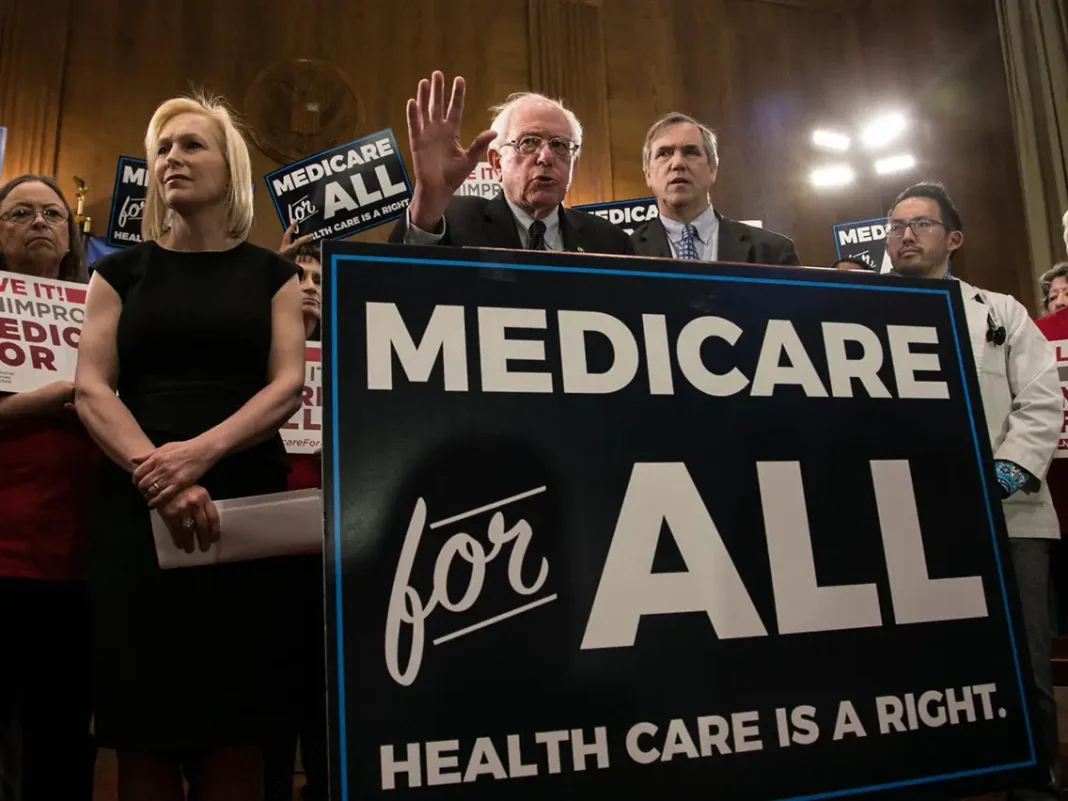In an era marked by unprecedented advances in medicine and technology, the pursuit of universal healthcare has emerged as a moral imperative, demanding a reevaluation of societal values and priorities. Universal healthcare is not just a policy option; it is a fundamental human right that ensures equitable access to health services for all, regardless of socio-economic status. This article delves into the ethical considerations underpinning universal healthcare, its societal benefits, and the crucial role it plays in fostering a just and humane society.
The Ethical Foundation of Universal Healthcare
At the heart of the debate on universal healthcare lies a profound moral question: Do we, as a society, believe in the inherent value and dignity of every individual? The answer, undoubtedly, should be a resounding yes. Health is not merely a commodity to be traded and sold to the highest bidder; it is a basic human need that is essential for the pursuit of life, liberty, and happiness. Universal healthcare embodies the principle of equity, ensuring that all individuals have access to necessary health services without the fear of financial ruin.
Beyond Economics: Health as a Human Right
The right to health is enshrined in numerous international declarations and treaties, yet millions around the world still lack access to basic healthcare services. The disparity in healthcare access exacerbates existing inequalities, creating a vicious cycle of poverty and illness. By adopting universal healthcare, nations affirm their commitment to human rights, recognizing that a healthy population is the cornerstone of a prosperous and stable society.
The Societal Benefits of Universal Healthcare
Universal healthcare not only fulfills a moral obligation but also offers tangible benefits to society. Research consistently shows that countries with universal healthcare systems have better health outcomes, including longer life expectancy and lower infant mortality rates. Moreover, universal healthcare can lead to economic savings by reducing the need for expensive emergency interventions and by promoting preventive care, which catches illnesses before they become severe and costly to treat.
Bridging the Gap: Addressing Health Inequities
One of the most compelling arguments for universal healthcare is its potential to bridge the vast disparities in health access and outcomes. Marginalized communities often bear the brunt of health inequities, suffering from higher rates of chronic diseases and lower life expectancy. Universal healthcare levels the playing field, ensuring that everyone, regardless of background or economic status, has the opportunity to lead a healthy life.
The Cost of Inaction
Opponents of universal healthcare often cite the high costs associated with implementing such a system. However, the cost of inaction is far greater. The lack of affordable healthcare access leads to preventable deaths, unnecessary suffering, and diminished quality of life for millions. Furthermore, the economic burden of untreated illnesses can hamper productivity and drain public resources, creating a financial strain on society as a whole.
The Path Forward: A Call to Action
Achieving universal healthcare requires a collective effort and a shift in societal attitudes. It calls for political will, public support, and a reevaluation of priorities to place health at the forefront of national agendas. Countries that have successfully implemented universal healthcare systems demonstrate that it is not only feasible but also beneficial in the long run.
Conclusion: Universal Healthcare as a Moral Compass
The quest for universal healthcare is more than a policy challenge; it is a reflection of our values as a society. It poses a fundamental question about the kind of world we want to live in—one where health is a privilege for the few or a right for all. As we move forward, let us be guided by the moral imperative to ensure that every individual has access to the healthcare they need. In doing so, we can build a more just, equitable, and healthy society for future generations.

